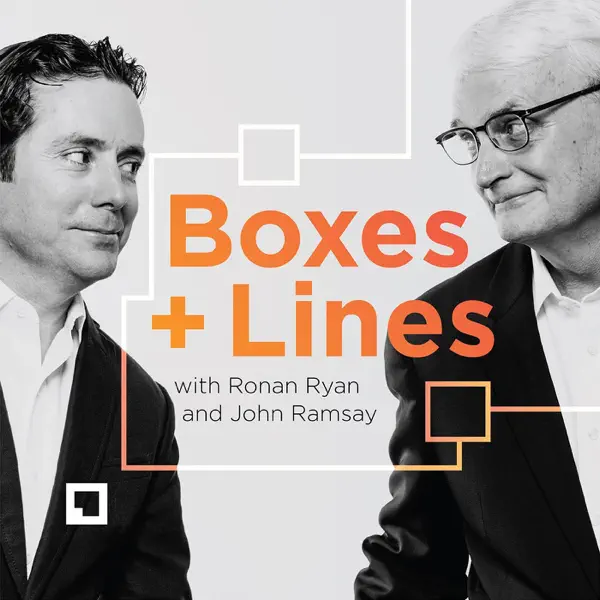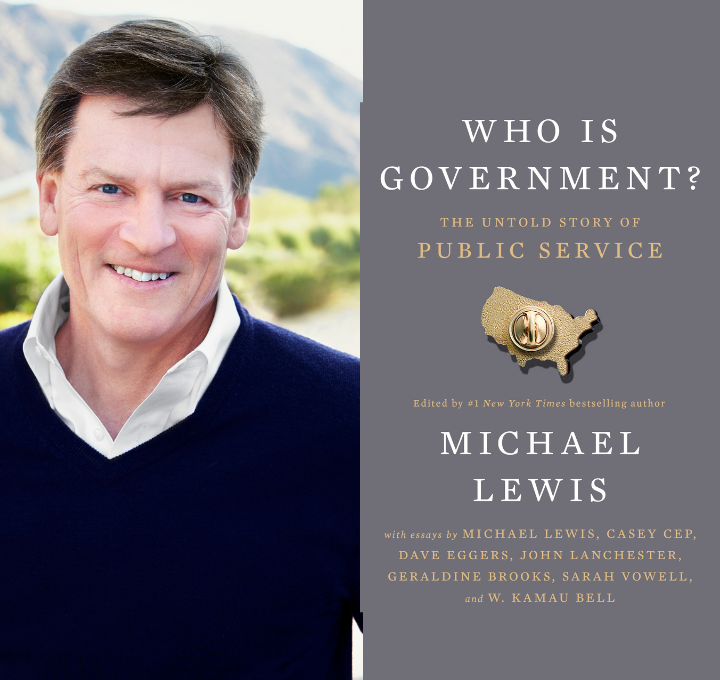I just discovered my 401(k) has a hidden clause forcing half into an annuity if I die – is this normal?
It’s a pretty common thing for employers to offer a 401(k) plan. And different 401(k)s can have different rules. Many 401(k) plans have a Roth savings feature that allows your money to grow tax-free and gives you tax-free withdrawals in retirement. But not every 401(k) has a Roth component. There are also some 401(k) […] The post I just discovered my 401(k) has a hidden clause forcing half into an annuity if I die – is this normal? appeared first on 24/7 Wall St..

Key Points
-
It’s important to understand how your employer’s retirement plan works.
-
Your plan may have provisions you aren’t happy with.
-
Consult a financial advisor when something doesn’t look right to make sure you don’t get thrown for a loop.
-
Are you ahead, or behind on retirement? SmartAsset’s free tool can match you with a financial advisor in minutes to help you answer that today. Each advisor has been carefully vetted, and must act in your best interests. Don’t waste another minute; get started by clicking here here.(Sponsor)
It’s a pretty common thing for employers to offer a 401(k) plan. And different 401(k)s can have different rules.
Many 401(k) plans have a Roth savings feature that allows your money to grow tax-free and gives you tax-free withdrawals in retirement. But not every 401(k) has a Roth component.
There are also some 401(k) plans that allow workers to make after-tax contributions. This isn’t the same thing as a Roth, even though it might seem like it. But again, this can vary from plan to plan.
Additionally, some 401(k)s plans allow savers to borrow against their accounts, but some don’t. So your best bet is to read your 401(k)’s rules to understand your options.
In this Reddit post, we have someone whose workplace retirement plan has an odd requirement — that 50% of the account be invested in an annuity for their spouse if they pass away. The poster is not a fan of annuities, so they’re not happy with this discovery. And they also want to know if it’s normal.
To get out of this, the poster would have to sign a notarized waiver, which they aren’t thrilled with, either.
The reality is, that’s not a normal thing for a 401(k) to require. But the saver may also be getting their retirement plans confused.
Reading the fine print
It’s not common at all for half of a 401(k) to land in an annuity automatically upon the saver’s passing. But it turns out, the poster may not have that rule attached to their 401(k).
What they may be looking at is a different type of retirement savings plan called an MMP, or money purchase plan. These are similar to 401(k)s is that they’re retirement accounts, but in an MPP, employers make fixed contributions to employees’ accounts. In a 401(k), workers can contribute out of their own paychecks, and employers can decide whether to match worker contributions, and to what degree.
Still, it’s a good thing that the poster decided to dig deeper into their retirement plan and understand the rules. A lot of people with 401(k)s don’t necessarily take the time to do that. And as a result, some end up in situation they’re not happy with.
For example, you could be making plans to borrow from your 401(k) only to learn that it isn’t an option. So it’s important to read the fine print carefully. Not only will that loop you in on the rules, but it should also help you better understand what fees you’re paying in your 401(k).
Talk to a financial advisor if you’re confused
There may be aspects of your company’s retirement plan that you find confusing. If that’s the case, your best bet may be to consult a financial advisor and ask them to walk you through the details.
You also shouldn’t hesitate to talk to a financial advisor if something with regard to your employer’s retirement plan doesn’t sit right with you. It could be a quirky rule or the fees you’re paying. If that’s the case, a financial advisor should be able to recommend alternative accounts you can use to save for retirement — ones that are potentially less confusing and/or restrictive.
The post I just discovered my 401(k) has a hidden clause forcing half into an annuity if I die – is this normal? appeared first on 24/7 Wall St..

































































































































































